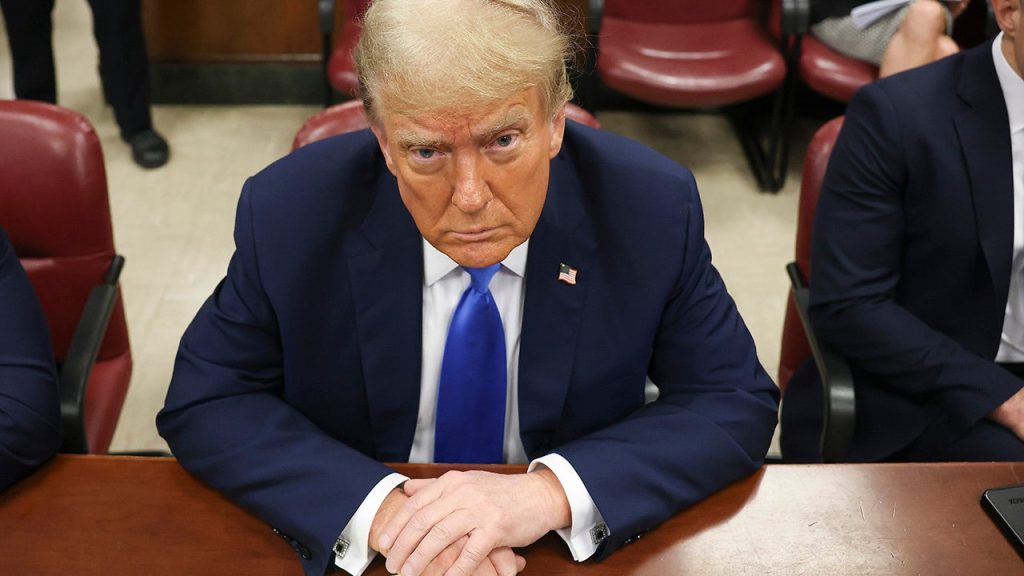The criminal trial of former President Trump, which has been charged with 34 counts of falsifying business records in the first degree, is set to resume for its third week on Tuesday. Trump has pleaded not guilty to the charges. Opening statements have been made by both Trump’s defense attorneys and prosecutors from the Manhattan District Attorney’s Office. Prosecutors must attempt to convince the jury that Trump falsified business records related to hush money payments to further a conspiracy to promote or prevent his election.
The prosecution has called witnesses, including former American Media Inc. CEO David Pecker, who testified about a practice of buying negative stories about Trump and burying them to protect his reputation. There is an attempt to show that Pecker’s actions were intended to influence the 2016 presidential election. Rhona Graff, a former executive assistant to Trump, and Gary Farro, a former senior managing director at First Republic Bank, have also been called to testify. Judge Juan Merchan has imposed a gag order on Trump, which he has allegedly violated at least 14 times, leading to requests for fines and a contempt of court charge.
Trump’s attorneys argue that the gag order violates his First Amendment rights. The judge is expected to hold a hearing on the alleged violations on Thursday. In addition, prosecutor Christopher Conroy outlined four more alleged violations related to statements Trump made to the press. Trump is required to attend every day of his trial, which caused him to miss arguments at the Supreme Court on presidential immunity. On Friday, he missed celebrating his wife Melania’s birthday, which he acknowledged from the courthouse.
Trump has requested to attend his son Barron’s high school graduation on May 17, but the judge has not yet made a decision on whether he can attend. The former president has criticized the trial as rigged and has expressed a desire to campaign during days when the court does not meet. The trial is expected to continue with additional witnesses and evidence presented. Prosecutors must prove that the falsification of business records was part of a larger conspiracy related to the promotion or prevention of Trump’s election as president in 2016. The case involves a complex legal argument regarding the nature of the crimes Trump is charged with and the intentions behind his actions.


